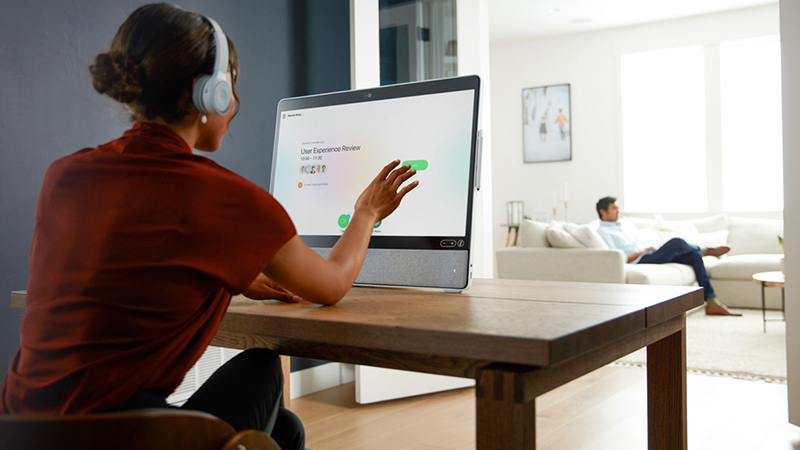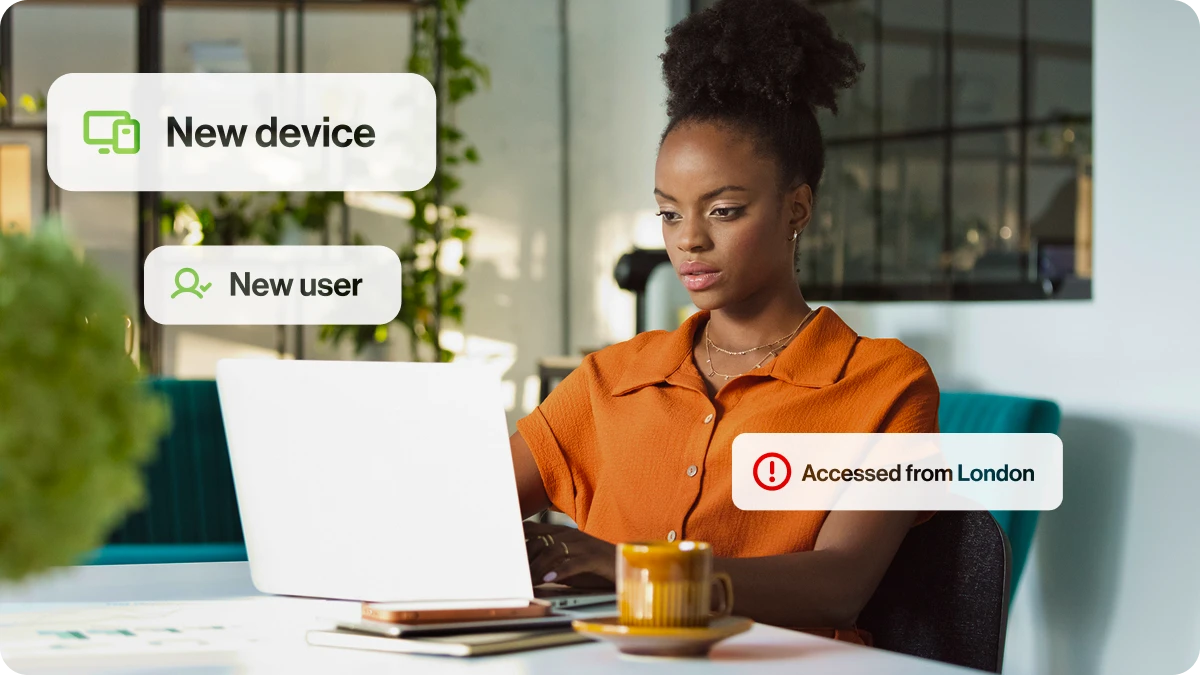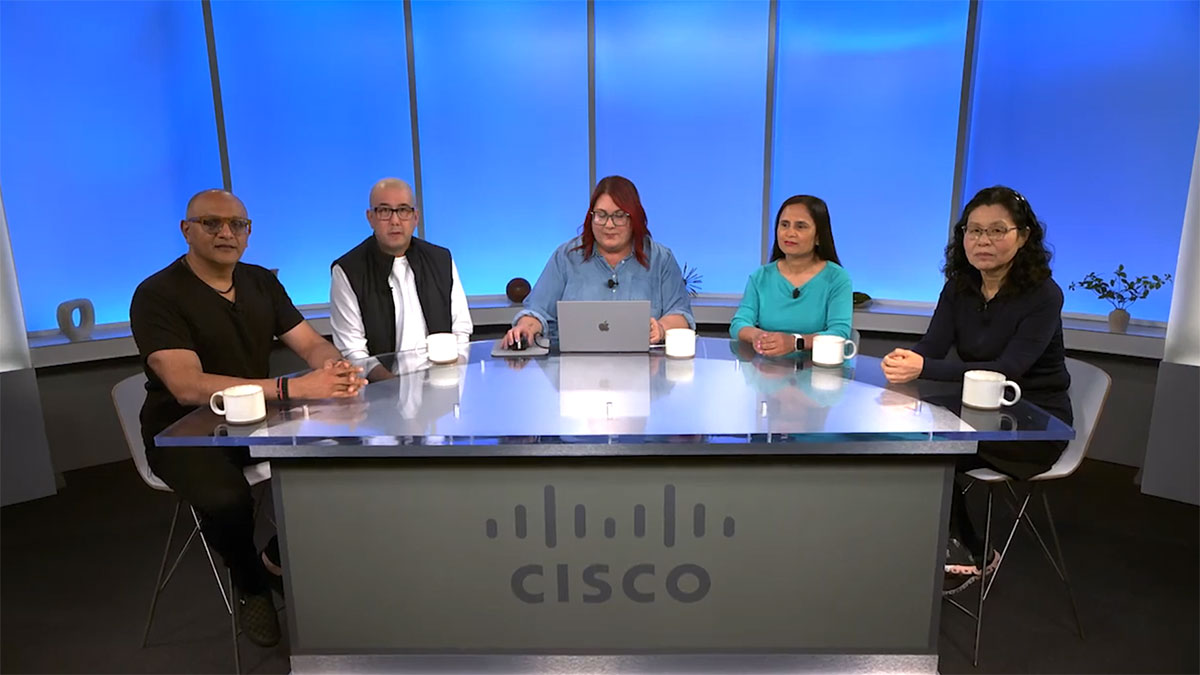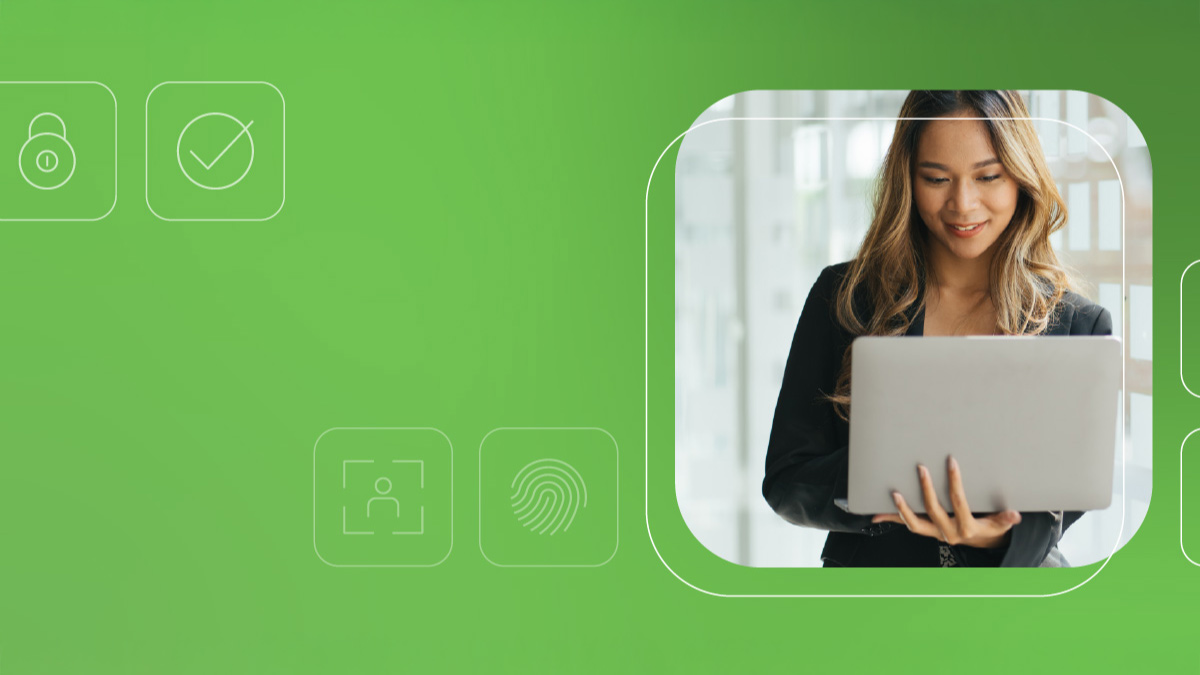As many of us stay hunkered down at home, we're working more, leaning more, and playing more online. We're not only streaming and downloading on our computers, we're also relying on our mobile devices to catch the latest news, films and music. According to Cisco's 2020 Annual Internet Report, social networking, video streaming and downloads, business productivity, e-commerce and gaming will contribute to the boom of mobile applications—with nearly 300 billion apps downloaded by 2023. Here are a few simple tips on how to best download what you need—and even work remotely—between episodes of your favorite show.
See also: Care and quality when it's needed most: IT preparedness
1. Get the right software
There are ever-changing demands and expectations for mobile networking. ZDNet offers a robust list of remote desktops, telepresence services, and apps that can make working from home a smooth and enjoyable experience. First, desktops. Remote desktop apps help us access the stuff we want on our office computer, at home. TeamViewer, Microsoft Remote Desktop, and Apple Remote Desktop are a few options to get that at-the-office access.
For telepresence options, Cisco’s Webex joins the ranks of videoconferencing robot Double and high-def 3D camera Meeting Owl when it comes to creating all of the interpersonal connections you need. Similarly, real-time communications apps like Webex Teams gets everyone on the same page–whether it’s about work, sports, or your local book club.
2. Check your internet speed
Internet speeds refer to the volume of data transferred through a connection in a given amount of time. If you live in the United States, internet speeds can actually vary by what state you live in. Some of the states with the fastest speeds are on the East Coast, with Maryland topping the list at 65.02 Mbps and New Jersey coming in second with 59.58 Mbps. You can regularly check your internet speed by doing an internet speed test like the one here.
See also: Cisco supports customers with expansion of free security offerings
Different types of internet connection can also affect the speed. From slowest connection to the fastest, you could have dial-up, satellite, Digital Subscriber Line (DSL), cable internet, and fiber. It also depends on how much internet speed you really need. With more and more people working, learning, and getting entertainment at home, the needs could be significantly higher. High Speed Internet recommends speeds for certain activities—5 Mbps is the recommended speed for HD viewing of Netflix, and 25 Kbps for Apple Music.
Something that might drastically help your home internet speeds is 5G, which is the next generation of Wi-Fi that boasts higher bandwidth and lower latency. With 5G, movie downloads can decrease from 7 minutes to 6 seconds, and you could save 3 hours downloading 10,000 songs.
3. Keep safe and secure (VPN + MFA)
A crucial part of downloading or uploading from home is staying secure. It might be that you’re working from more open or non-secured networks, and therefore your data could become compromised. Because of this, it’s important to take some secure measures:
- Use encrypted computers and phones - and keep them up-to-date to avoid known security vulnerabilities.
- Utilize VPNs to protect your network traffic. A Virtual Private Network (VPN) allows you to get a secure connection to another network and can help shield your work from others on a public Wi-Fi.
- Add MFA. Multi-Factor Authentication (MFA) uses a second source of validation, like a phone or token, to verify your identity before granting access.
Finally, be on the lookout for threat actors trying to take advantage of you—Cisco’s security threat intelligence team Talos just discovered that multiple malware families are being distributed with recent coronavirus themes. Read more here.
###
We welcome the re-use, republication, and distribution of "The Network" content. Please credit us with the following information: Used with the permission of http://thenetwork.cisco.com/.




